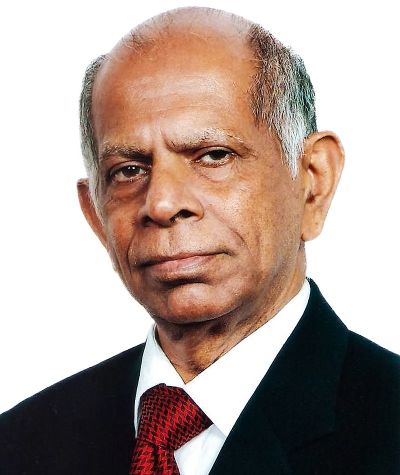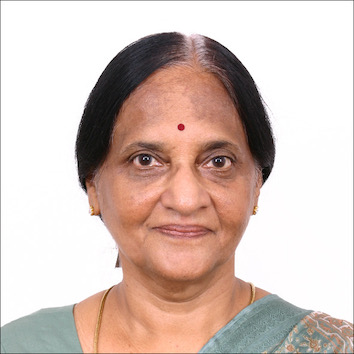You have worked with Mohamed Nasheed’s government, which has maintained strong ties with India. However, now the situation has dramatically changed. There is a diplomatic row between the two countries. The Maldives’ current foreign policy approach seems to be a shift from ‘India In’ to ‘India Out’. How do we understand this policy shift? As an expert on the Maldives’ foreign policy, what is your take on this?
The policy shift is not that strong to call it ‘India In’ and ‘India Out’ because the new government is still working with India. It has not abandoned India completely nor will it ever. However, the alliance with China is stronger than the former government, as demonstrated by the President’s many actions. First, Muizzu’s visit to China prior to visiting India has been a deviation from the usual norm in which the newly-elected president always visited India before visiting any other country.
Secondly, Muizzu also has called China …” our closest partner” and had concluded many agreements such as 16 Memorandum of Understandings spanning many areas, 2 Letters of Exchange, 1 Action Plan and 1 Grant Assistance (details not revealed yet).
In your interview at the Institute of South Asian Studies, you noted that India is a security provider for the region and the Maldives as well, but the ruling elite, led by Mohamed Muizzu, is given a deadline to withdraw Indian troops. There is a point of view that India’s military presence is not controversial, as there are only 75 troops in the Maldives, but the current government makes this a contentious issue. If we look at this political move, it seems that the Muizzu-led political elite is trying to reorient Male’s security policy. What are your thoughts on this?
The 75-strong troops are not here for the country’s security purposes. According to the former government, they are here to attend to the technical needs of two helicopters and the Dornier aircraft, donated by India, until Maldivians are trained to take over the duties. But many sceptics question this explanation and express doubt as to whether 75 military personnels are needed to operate and look after 3 aircraft. They question what the special nature of the vehicles is that trained Maldivian aircraft engineers cannot take care of. They say, after all, they are just aircraft.
Sri Lanka is seen as a vivid example of the consequences of countries leaning toward China. It is against this backdrop that Sri Lanka has been identified as a victim of China’s debt trap diplomacy. Looking at the situation, it seems the Malé is also crossing the red line. Your thoughts on this?
Despite some people’s fear that Malé is heading towards a debt trap, China’s aid to Maldives is nothing compared to the mega project of Hambantota Port which, in 2016, reportedly gained an operating profit of US$1.81, indicating the size of the project. Besides, the port was leased for 99 years. There is nothing in the Maldives that can be compared with this magnanimity. So far, the costliest project in the Maldives had been the Sinemalé Friendship Bridge, covering a mere 1.39 km, which cost only US$210 million to build. But, of course, if the government is not cautious, the Maldives can still end up in a debt trap in the future.
There is a view that antagonizing India is not a wise decision for the future of a small country. As an expert, in your view, how can the bilateral relationship between the two countries be restored, and what strategy should India adopt?
Antagonizing India is not a wise decision for a small state like the Maldives.
The bilateral relationship can be restored by the Maldivian government acting wisely and government officials following the correct foreign relations ethics and protocol. The government should train its officials to act diplomatically towards India. It should not tolerate the officials’ street-style behaviour when in high government posts.
For India, it should think that despite its larger-than-life image and presence in the region, not every small country is weak or unaware of the tactics involved in being allured to becoming a satellite of India.
Dr. Rasheeda M. Didi is an independent researcher and lecturer in political science and international relations as well as twentieth-century Maldivian history. She has worked for the United Nations Peacekeeping in Liberia and the Commonwealth Joint Office for Permanent Missions to the UN, in New York.




